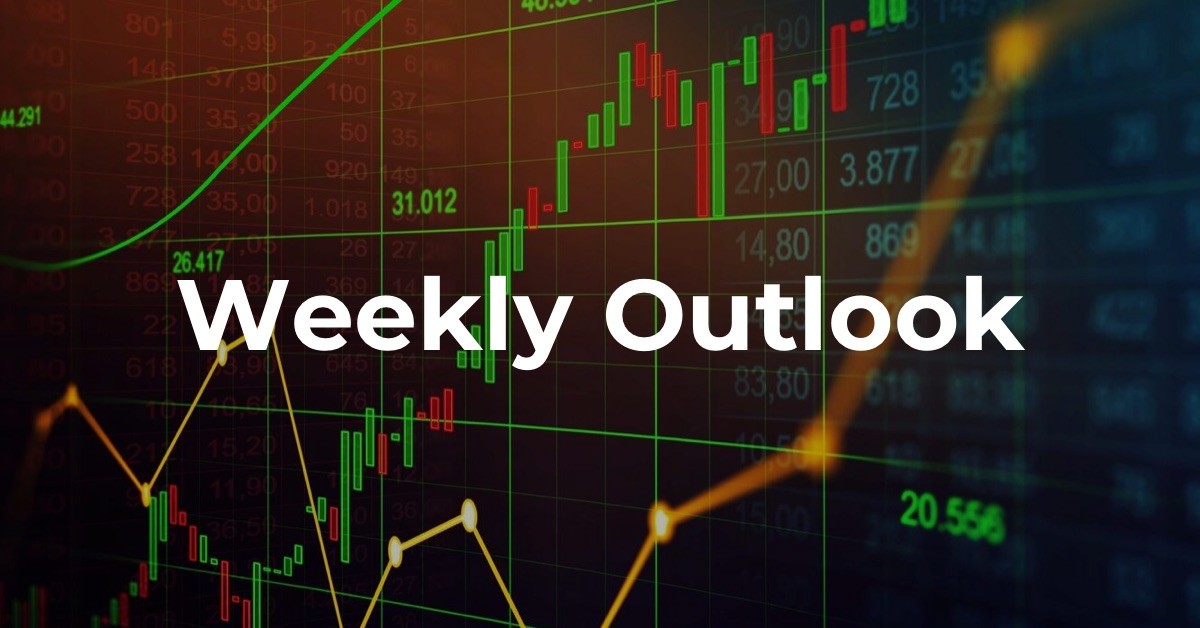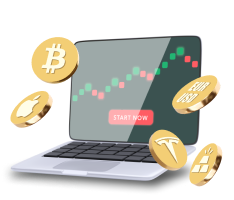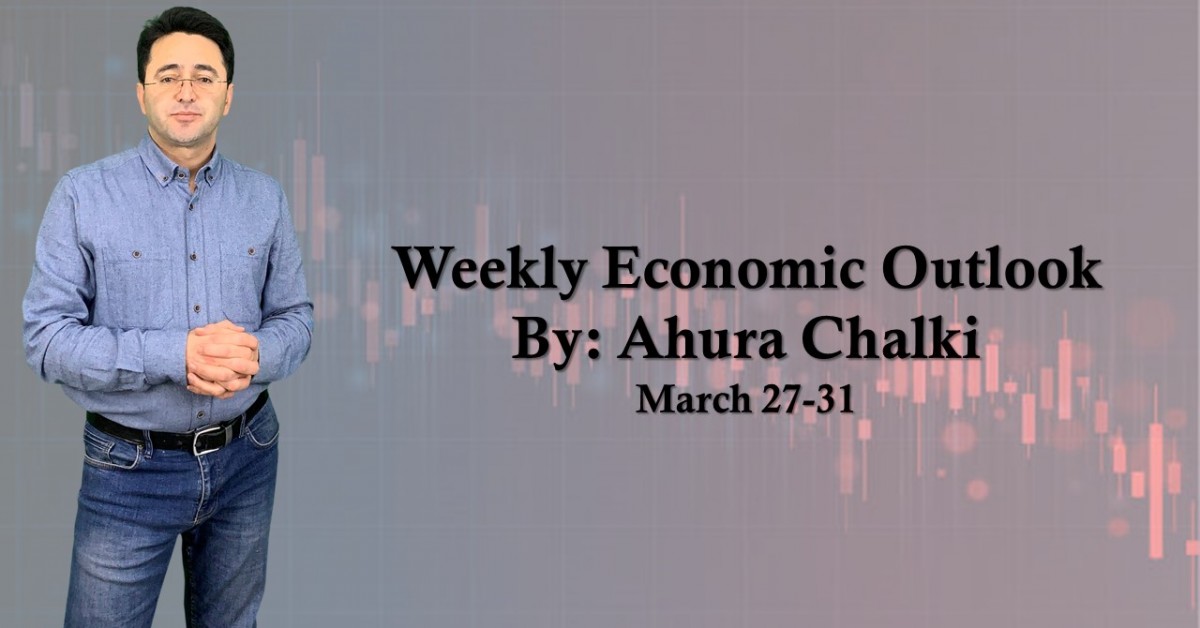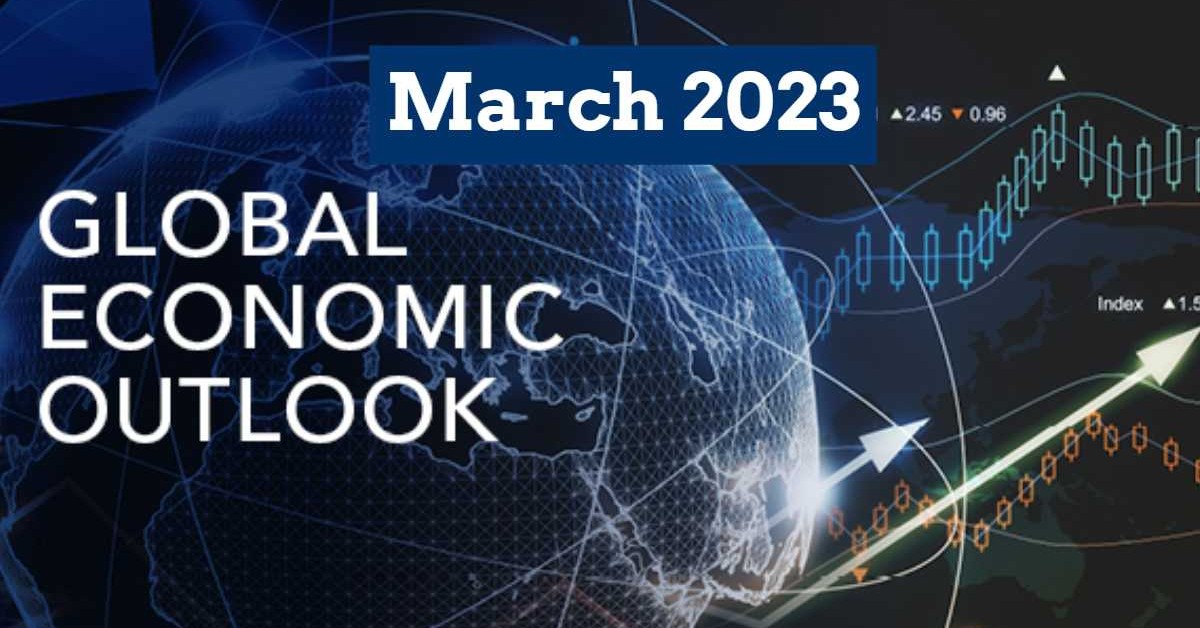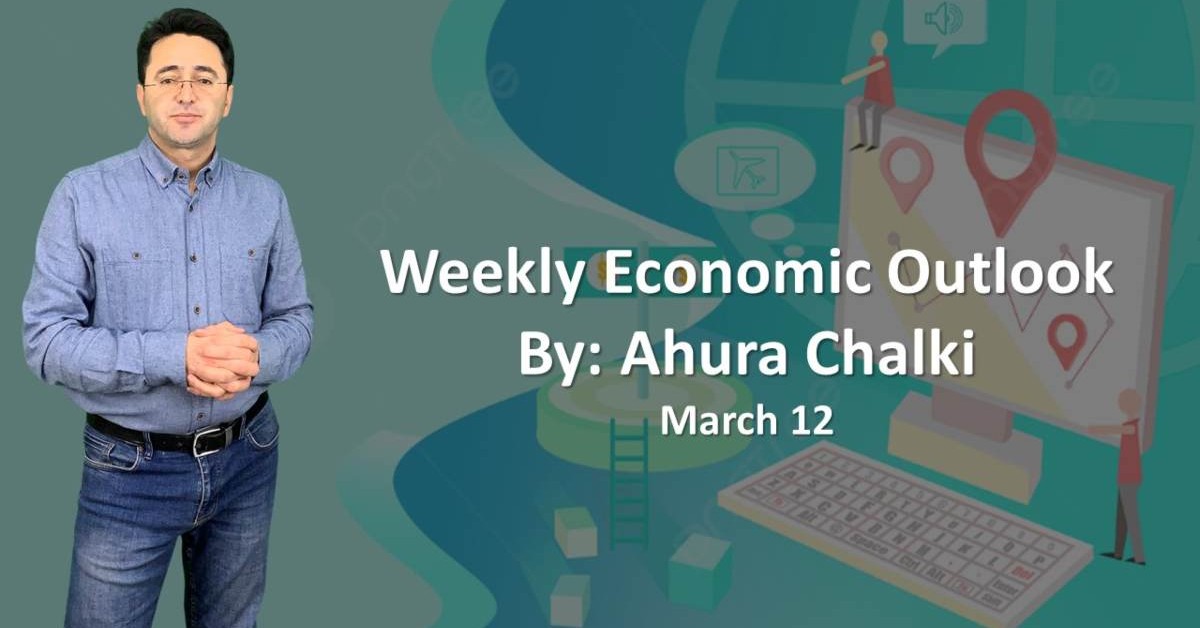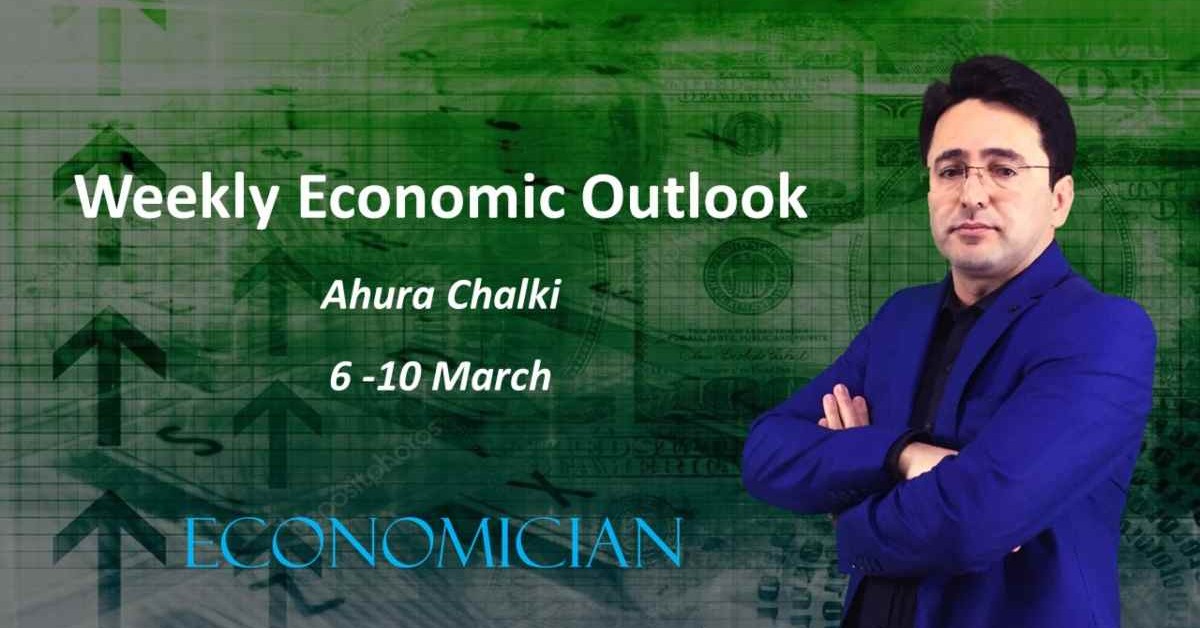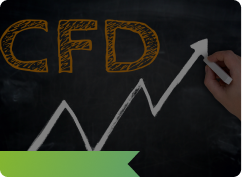Finland and Sweden to join NATO.
Inflation and its news still are at the center of the stage. On the other hand, while the Finnish parliament debates the NATO membership bid in the coming days, the Russia-NATO conflict can worsen and increase the market risk. Besides all geopolitical tensions, Central Bankers’ speakers, Inflation, and Retail Sales readings from most developed economies must be watched closely.
1- China Retail Sales & Industrial Production - Monday
As further signs of China’s slowing economy, April’s Retail Sales are anticipated to contract further at -6.0% y/y, following a -3.5% y/y decrease in March, and Industrial Production should grow by only 0.7% y/y. These estimated data should be negative for the Chinese Yuan. In the last months, we saw this weakness in the Chinese economy, and it is expected to continue in May as well, especially after the latest lockdowns.
2- US Retail Sales - Tuesday
As inflation peaked and started to see some decrease in the last weeks, the prices of the goods also fell by 0.3%, which should be positive for retail sales and help to increase by 0.8% in April, but Core retail sales are expected to grow with a slower pace, only 0.3%. Since it is just a slight price reduction and overall prices are still so high, increasing retail sales and consumer spending in the following months will get more challenging as price pressures persist and borrowing costs rise.
3- US Industrial Production - Tuesday
In its recovery, the Supply Chain faced another lockdown in China, while the war in Ukraine continues to increase the overall disruption in the Supply chain. Overall, expected data should have met an adverse reaction in the stock markets. After a 0.9% increase in March, for April, we are waiting to see a soft reduction in production by only 0.4% monthly growth. Tuesday will be even more important with Fed Chair Powell and FOMC Member Loretta Master’s speeches.
4- British inflation - Wednesday
The price rises in the UK have begun to grow even faster, especially with expected home energy bill increases. These reactions will make the UK economy face one of the most rampant inflation among the major developed economies. While BoE has already started to increase the level of its tightening policies, CPI in April is expected to increase by 2.6% and 9.1% on Monthly and Annual scales, respectively. Higher inflation should increase the pressure on UK Footsie.
5- Japan CPI - Thursday
The Bank of Japan is the only central bank among major economies increasing its monetary facilitation policies. These policies are expected to see the headline CPI reach 2.5% year-over-year. However, annual inflation is expected to fall well below BoJ’s target in the following months. With estimated data, the Japanese Yen is likely to remain volatile for the time and continues weakening going forward.
6- Geopolitical tensions
Finland and Sweden are getting close to NATO. It is likely to see both countries apply to join NATO in the next few days. At least about Finland, Prime Minister Sanna Marin says she hopes the Finnish Parliament will confirm it. As Russia repeatedly said, they see this further expansion by NATO toward Russia’s borders as a threat, and they consider that a strong reaction would be their right. If these tensions continue for a longer time, it will increase the energy, food, and insurance costs. And while economic recovery is getting slower, higher prices will increase the chances of stagflation.
